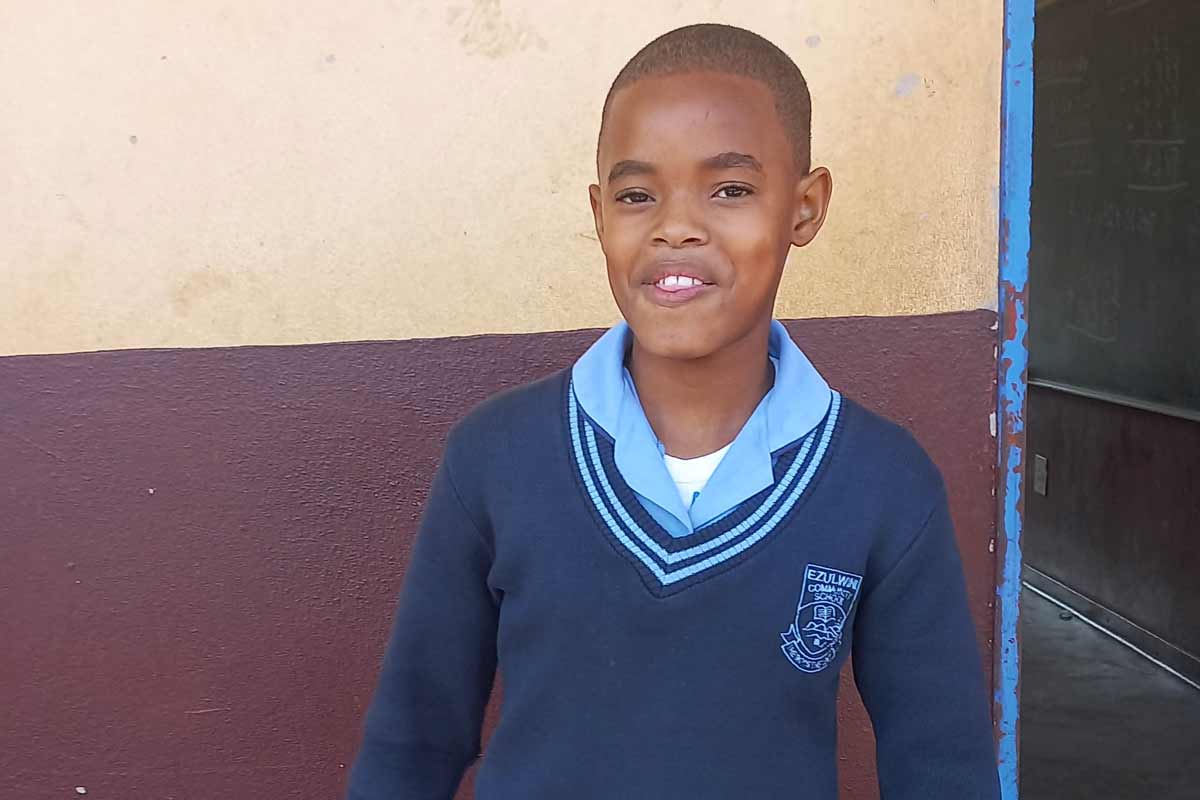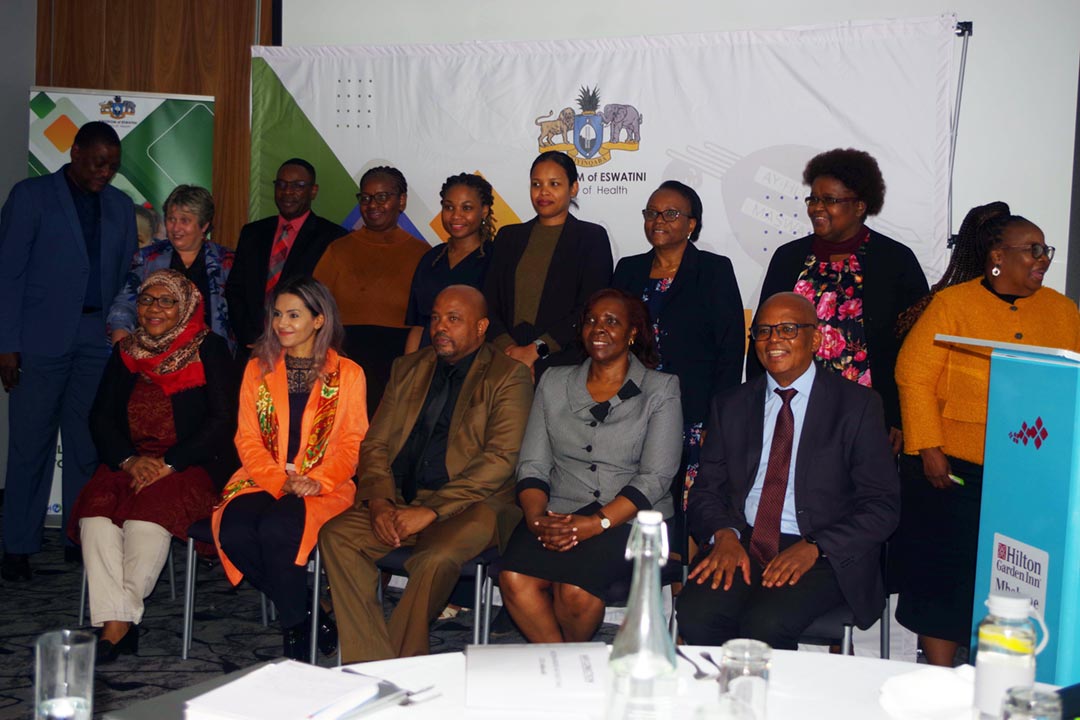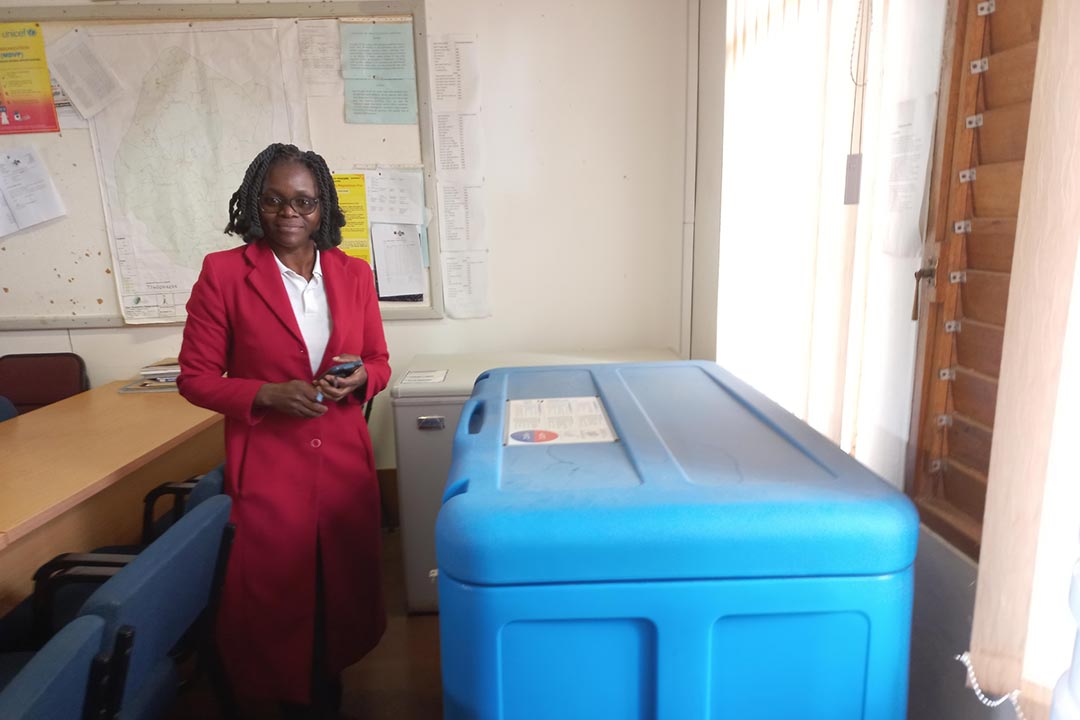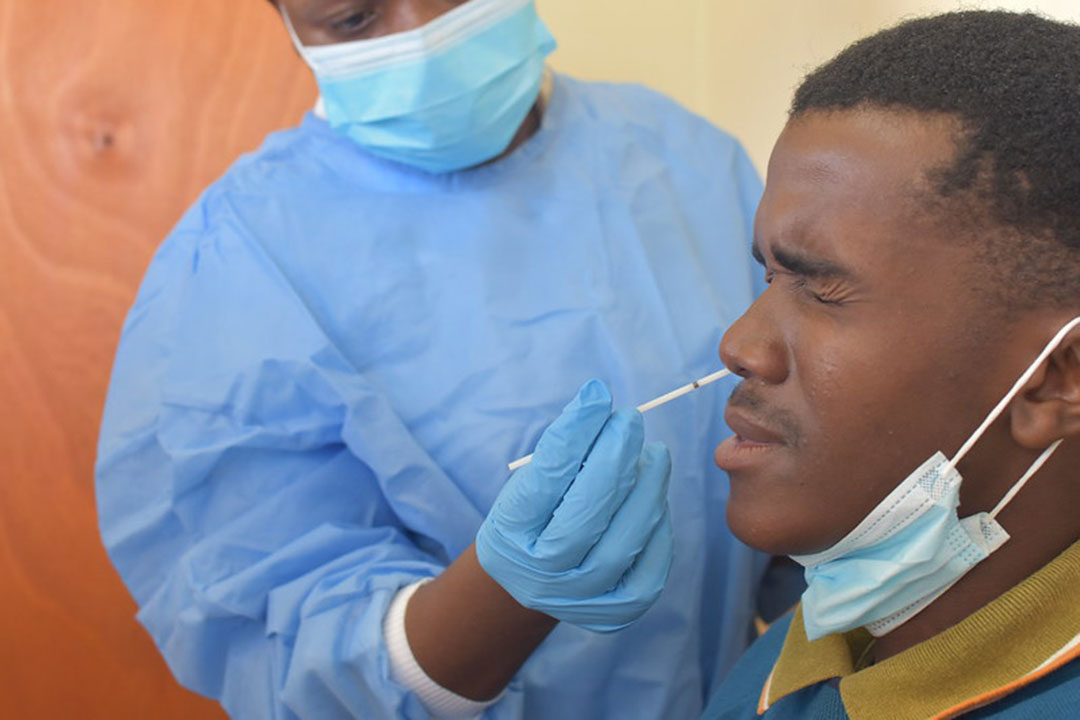Mobile vaccinators offer a lifeline to people with disabilities in Eswatini
With support from Médecins Sans Frontières, mobile teams of vaccinators are helping vulnerable groups in Eswatini get protected against COVID-19.
- 26 July 2022
- 3 min read
- by Nonduduzo Kunene
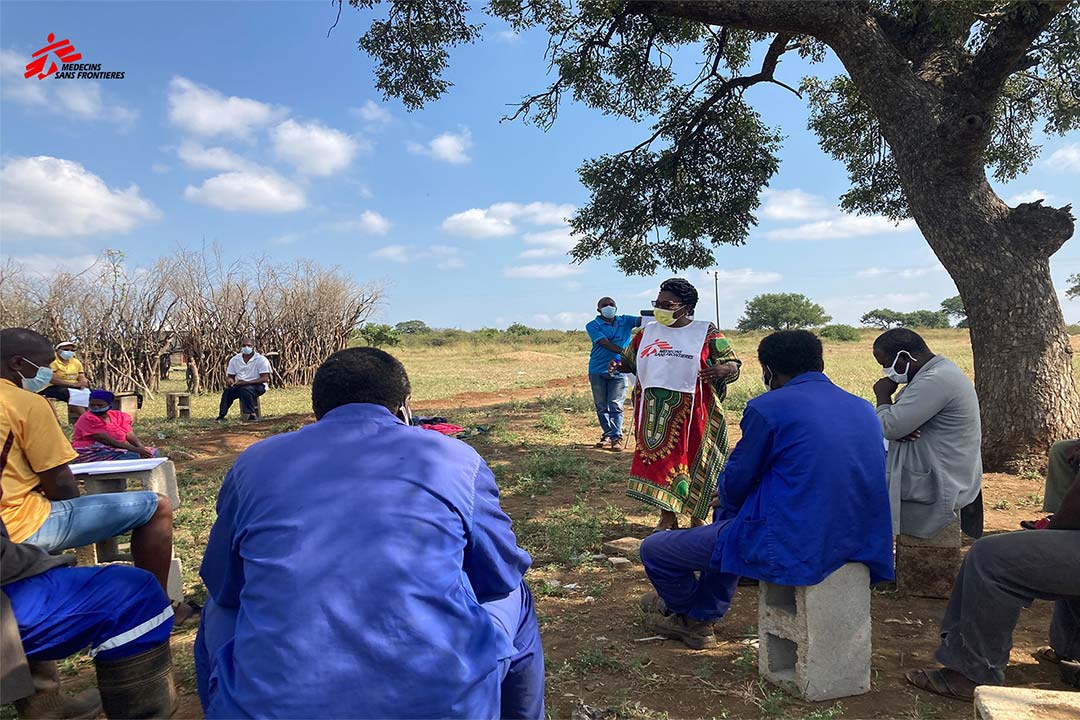
With the COVID-19 vaccination rate at about 32%, Eswatini’s Ministry of Health has expanded its national campaign to increase uptake of vaccines by focusing on hard-to-reach places and vulnerable groups. This includes people with disabilities.
The national statistics show that over 90% people with disabilities in the country stay in rural areas and struggle to access health services because they do not have transport to take them to distant health facilities.
“Bringing vaccination sites to rural areas in Shiselweni was an advantage to our members living there. We hope that such services will be rendered across the country so that everyone can have access to these vaccines. This would help people with disability build immunity against COVID-19.”
Médecins Sans Frontières is one of the organisations supporting the Ministry of Health’s national campaign to increase coverage in the country’s Shiselweni region through mobile vaccination sites. This is an area with many vulnerable people living in remote and rural communities cut off from health facilities. In the first two weeks of vaccinating people against COVID-19 in the Shiselweni region, MSF mobile teams administered a total of 7,025 vaccine doses.
The humanitarian work brought hope to the communities. Hleziphi Manana from Shiselweni says the outreach programme not only helped the elderly but also her 30-year-old son, who cannot walk.
“My son cannot walk and struggles to speak properly. I take care of him since I am the only one who is always at home,” she says.
The state of the road to the Manana home is bad: steep slopes make it hard for cars to reach her homestead. Taking her son to health facilities for medical attention is impossible. The mobile teams, however, helped to get her son protected.
“When I found out that Bodokotela labanganamncele [the doctors from MSF) were vaccinating people against COVID-19 and putting mobile sites near us I knew my son would also be protected from coronavirus,” she says.
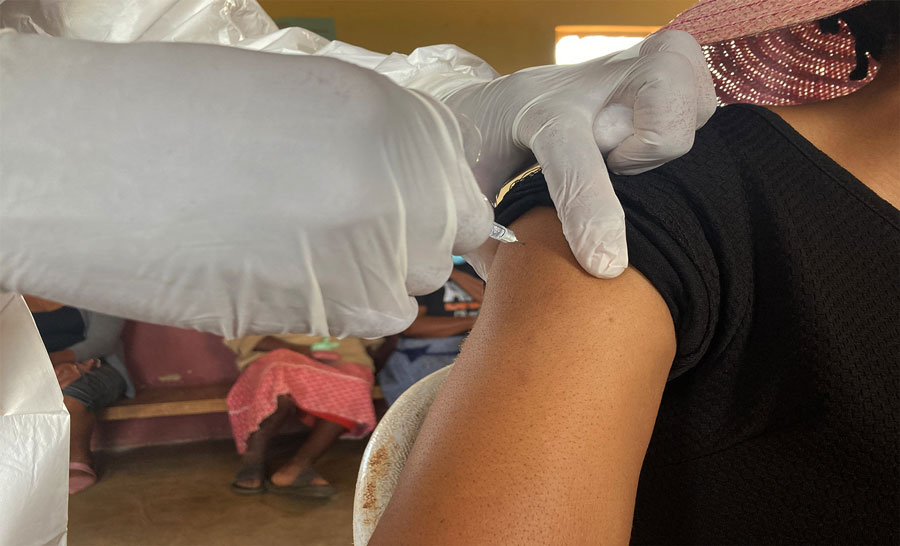
Credit: MSF Eswatini
Have you read?
“So many people died of COVID-19. After vaccines were made available, I was able to reach Inkhundlacentre to be vaccinated but I was not at peace because my son was not protected until MSF came through for him and us,” she adds.
Manana also lauds the information that is shared by the medical staff about vaccines as they cleared all the misconceptions some people had about vaccines.
Shiselweni Constituency Indvuna Yenkhundla (headman) Sifiso Khumalo says they had challenges with getting some people with disabilities to clinics and vaccination sites in shopping complexes because they are far and the people do not have transport.
“Public transport only uses the main road and doesn’t reach the communities in the villages. Public transport is also scarce and, therefore, is always full and it doesn’t accommodate people with disabilities who have special needs,” he says.
President of the Federation of Organisation of Disabled People in Swaziland (FODSWA) Bongani Makama says that the mobile vaccination teams are making a difference.
“A higher number of our members are not vaccinated because they cannot make it to clinics and vaccination sites which are placed in shopping areas,” he says. “Bringing vaccination sites to rural areas in Shiselweni was an advantage to our members living there. We hope that such services will be rendered across the country so that everyone can have access to these vaccines. This would help people with disability build immunity against COVID-19,” he says.
